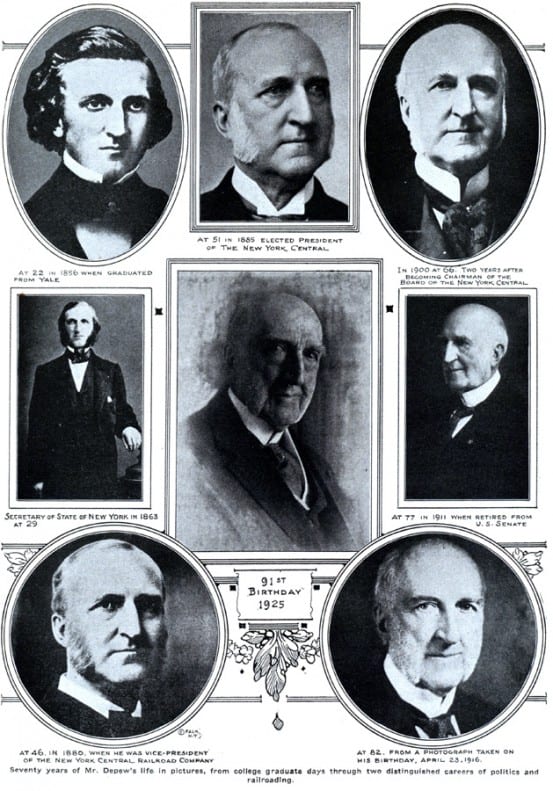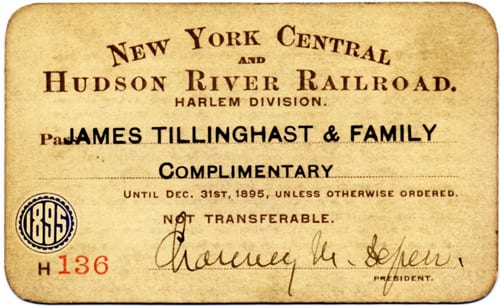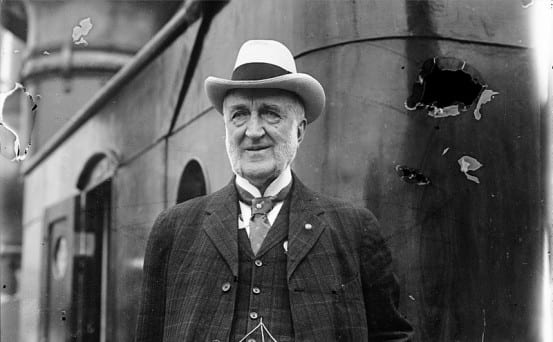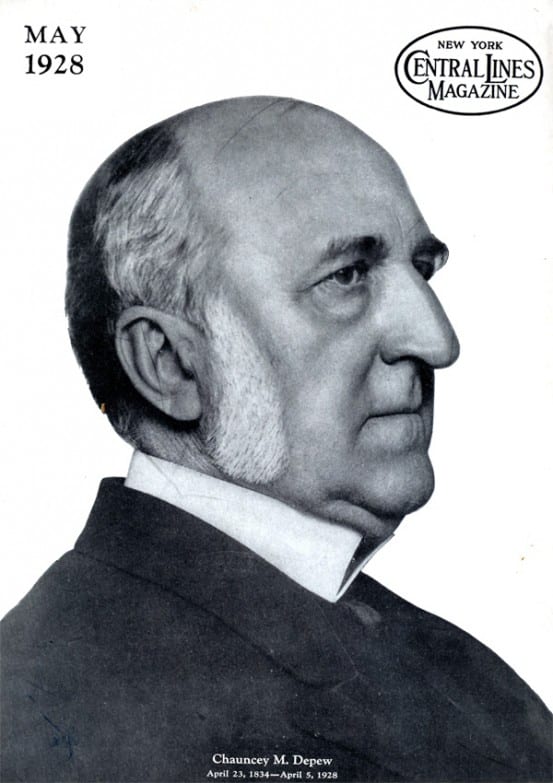Every day when I ride the train down to White Plains, a crowd of folks hovers on the platform, waiting for the train to slow and then stop. They crowd around every door, masses of them, and a fight ensues. A fight of currents. The current of those disembarking clashes against those pushing themselves through and onto the train. If you don’t hold fast and push, you will be swept away before you can even place a foot on the yellow tactile stripping of the platform. And this, this is a daily ritual that I loathe. There is only one thing I hate even more than those that crowd around the doors attempting to get on the train: the people that hover in front of the doors, not to get on the train, but to accost each of the people disembarking with papers – usually some sort of politician’s propaganda. And while we’re being pretty honest here, I am not much of a fan of politicians, especially the ones that swarm train stations whenever an election looms. Some of you may remember back in the “olden days” when I first started this blog, every time a politician would forcibly hand me a piece of propaganda at a train station, I photoshopped it in some odd way and posted it. It was my own little way of rebelling. Though I may have stopped my photoshopping of politicians, the fact still remains: I don’t like politicians.
Politicians today are pretty weak. They don’t even write their own stuff, they get other people to do that. You think if they didn’t spend time writing it, the least they could do is memorize it. But no, they have to stoop to writing on their hands, using teleprompters, or just spewing complete bullshit that makes the rest of the world laugh at us – but hey, we elected them! It makes me want to go back to a time where politicians were badass… where they had duels to settle differences, and despite getting shot in the chest, still delivering their speeches. A time where the politicians could actually speak, a wonderful and eloquent stream of words – not any of this crap that dribbles like a man foaming at the mouth. Politics then would be a heck of a lot more interesting, and elections wouldn’t be a battle between the lesser of two evils.
I’m not sure if anyone really has a “favorite” historical politician. And if anyone does, it is probably a former president. I’m sure Abraham Lincoln’s name would probably come up. Maybe it is just a consequence of us looking back at history in retrospect. We learned his speeches in school, and heck, maybe even the fact that he was assassinated makes us look back and think, damn he was a good politician. But there was another man, not nearly as popular and most people today probably don’t even know his name, but I always seemed to think he was pretty cool. At minimum, he was a brilliant orator, the opposite side of the spectrum in terms of speeches today. But I must admit, perhaps I am a little biased about this fellow, as he was not only a politician, but he was also a railroad man.

Photographs of Chauncey Depew over the years
“Don’t be a damned fool!”
Usually when you’re looking to hire someone for a job, those are not the words you utter to the person you may potentially hire. But then again, most people aren’t the brusque Commodore Cornelius Vanderbilt. Vanderbilt approached a Peekskill-born lawyer by the name of Chauncey Mitchell Depew, offering him a position as the attorney for the New York & Harlem Railroad – a position he was about ready to turn down. Depew had been offered a position as the US Minister to Japan. At that time the journey to Japan took a full six months, and thus the sending of any message took a full year. However, the monetary compensation was far higher than the railroad job – and Depew said as much to the Commodore. It was then that the Commodore fired back with the following: “Railroads are the career for a young man; there is nothing in politics. Don’t be a damned fool.” Depew took the railroad job.

1895 Harlem Division pass, signed by Chauncey Depew
Chauncey Mitchell Depew was born in Peekskill, New York on April 23, 1834. In his youth he spent significant amounts of time reading – his uncle was a postmaster, and at the time there was no mail delivery. Mail often sat a long while until the recipient came to pick it up, and in the interim a young Depew would peruse any newspaper or magazine that would arrive. As a young man Depew would attend Yale, and graduated from there in 1856. At that time there were no law schools in the country, and one would have to “read law” – a sort of apprenticeship – to become a lawyer. Depew “read law” with a lawyer in Peekskill and was accepted to the bar in 1858. Before being called by Vanderbilt, Depew worked as a lawyer in New York City, and served a brief stint as a member of the New York Assembly, and the Secretary of State for New York.

Photograph of Chauncey Depew, from the Library of Congress
All of that probably sounds just as boring as the pedigree of any politician, but there was something about Depew that intrigues me. He was quite the orator, and rubbed elbows with quite a few influential people that maybe you’ve heard of: Horace Greeley, Abraham Lincoln, Rutherford Hayes, Chester Arthur, and Teddy Roosevelt, just to name a few. Depew was described as having a “personal charm and a lovable disposition” – but for the most part he was remembered in his day as a brilliant speaker. You can in fact read many of his speeches, as well as his as his autobiography, for free online – and if you ever get a spare moment, I do find them rather interesting.
Most people today, however, will remember Depew as a railroad man (even though he served as a senator later in life as well). He accepted Vanderbilt’s offer of a position in 1866, a time when Vanderbilt’s roads consisted of a little over two-hundred-and-fifty miles. In the early 1900’s, that number had ballooned to over twenty-thousand miles in the system. By 1874 Depew had ascended to the position of Director of the New York and Harlem Railroad, and by 1882 was the Vice-President for the New York Central. In 1885 he was elected to the presidency, and in 1898 chairman of the board. He served as chairman until his death in 1928, working for the railroad for a total of 62 years.

The cover of New York Central Lines magazine, after the death of Chauncey Depew
Upon his death, Grand Central was draped in mourning. If one questioned the influence of Depew, one needs only look to the list of pallbearers for his funeral, consisting of Vanderbilts and Rockefellers. His wife received condolences from American presidents and European royalty. Though the man is long gone and many have forgotten him, you will still occasionally see references to him: Depew Park in Peekskill, various Depew Streets located around train stations, and the village of Depew, New York, located upstate. And then, of course, there are the words he left behind…
If your construction of success was honestly analyzed, it would probably mean to most minds the getting of money. The desire to acquire property is the most potent force in the activities of our people. It is the mainspring of of our marvelous development, and the incentive and reward of intelligent industry. It is alike the cause of the noblest efforts and the most revolting crimes.
We are at present sailing upon tranquil seas, with no clouds above the horizon and no warnings from the barometer. It is at such times that the prudent and experienced navigator hopes for the best and prepares for the worst.
Keep the roads paved and free from obstructions by which the industrious, the honest, and the capable, with no additional capital but character, can rise from any condition to the highest honors of the Republic, and the largest rewards of business.
Give to all men and women their full opportunities to work on their own destinies, and provide the incentives to efforts and ambitions which promote the enterprises and develop the resources of the country, and enrich and invigorate its intellectual life.
The indestructible union of liberty and law has given character and perpetuity in American institutions. It produced those perfect conditions, of freedom, protection, and equality, which peoples have sought for ages through bloody revolutions, and never before found. It has attracted to our shores fourteen millions of emigrants, against the superior advantages of soil and climate in Mexico and South America, or equal material opportunities in Canada. Most of this vast population have fled from the oppression of laws made for classes and working injustice and wrong to the masses. They have been of incalculable benefit to the country, and without them onr development and resources would be fifty years behind their present state. They have brought with them industry, integrity, and an intense desire to better their lives and improve the condition of their children.
Steam and electricity have made us one people, and for commercial pnrposes unified the world.
Trust and confidence are the foundation of success. Without them it is useless to begin and impossible to advance.
While we’re continuing our celebration of Harlem Railroad Month, I figured profiling a man who got his start on the New York & Harlem Railroad would be appropriate. Conveniently, Depew’s birthday would be tomorrow – so we’ll wish the two of them Happy Birthday on this day!


Oops! Typo alert!
Mr. Depew was unlikely to have been accepted at the bar in 1958. Of course, you never know. A few of our current judiciary appear to be deceased.
No mention of whether Chauncey was related to Pepe LePew. (“Come wees me to ze Cazbah!”).
BTW Catgirl, I recently visited my daughter in Scotland and took some pics of the really nice ScotRail commuter trains. Will post in comments if interested.
The Geezer
Thank you very much, sir. That was most definitely a typo! I’d love to see the photos too! You can always email them as well, info@iridetheharlemline.com
Any connection to the Amtrak station at Buffalo-Depew? There’s gotta be.
Yep, the station name is for the town of Depew, which was named after the man.